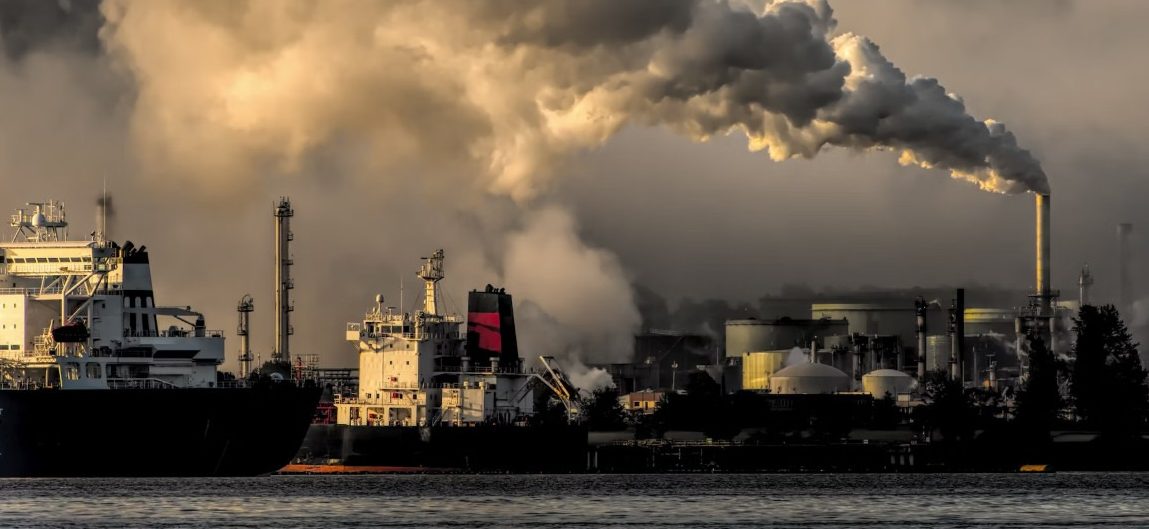Warwick University fails to part ways with fossil fuel investing
Tucked away somewhere on the University of Warwick Finance Office’s webpage is a Socially Responsible Investment policy. This one-page document states that the University should choose investments in a way that will “reduce or ideally eliminate” a laundry list of corporate bad behaviour – this includes environmental damage and the sale of weapons to military regimes, among others. Pride of place in this document is the statement that “The University will never knowingly invest in companies involved in fossil fuel extraction and production.” On appearance, it seems to be a morally sound commitment that makes for some great PR. Unfortunately, it is not enough.
Make My Money Matter … pushes financial institutions to make more climate-friendly decisions.
The university does not, technically, invest in the fossil fuel sector. That would be completely backward. Instead, they give their money to banks, who act as a third party and pass the money on to the fossil fuel industry through investment.
There are plenty of banks that don’t do this. You can easily find out which ones do and don’t with a google search. David Hayman, a Senior Campaigner for the climate finance charity Make My Money Matter, recommended the website bank.green. He also highlighted the impact a large institution’s banking choice can make, when I spoke to him in April.
Make My Money Matter was founded by Richard Curtis, a name you may recognise as the director of the film Love Actually. Curtis also has a long history of charity campaigning. He is one of the founders of Comic Relief, with Make My Money Matter being his final project. The charity attempts to educate consumers and pushes financial institutions to make more climate-friendly decisions. They were successful in convincing pension funds to do this and have since set mainstream banks in their sights. They are particularly unhappy with how Barclays handles their client’s money. The University of Warwick is one of these clients.
Hayman emphasised that the actions of respected institutions, like universities, can make ‘a significant impact’ on climate finance. He said that the choices universities make can often turn into news headlines and negatively affect the reputation of banks who make poor climate-related finance decisions. This hit to PR can lead to a loss of customers, which reduces the profitability of harmful investments, such as giving money to the fossil fuel sector. This gives all the more reason as for why institutions should be pushing for mindful investments.
Luckily, many large educational institutions are interested in making changes. The University of Cambridge led over 60 institutions in submitting a historic ‘Request for Proposal’ asking banks not to use their money to fund new fossil fuel extraction. The University of Warwick did not sign on to this request.
Asking banks to stop giving money to fossil fuel producers is exactly the sort of behaviour … a university should be engaging in.
Part of Make My Money Matter’s job is to advocate for initiatives like the Request for Proposal, but even Hayman admitted that it would take “a long time” for large lenders to meet the University of Cambridge’s requirements. But, in his own words, “when it gets there, it’ll be fantastic.” It’s certainly a step in the right direction in a world that has already seen immense damage from the climate crisis.
The Boar has reached out to the University of Warwick for comment on why they have chosen to bank with Barclays, instead of a more climate-friendly provider, and why they did not sign on to the request for proposal. At time of writing, they have not responded.
Indirect fossil fuel finance is not the only way in which the University of Warwick misuses its resources. As the recent protests on campus by Warwick Stands With Palestine have highlighted, human and intellectual capital is consistently funnelled from our institution into military firms such as BAE and Rolls Royce, who make parts for weapons that are exported to the State of Israel. These weapons have been proven to have been used on civilians, including children.
While different banking choices are crucial, it is understood by academics that fossil fuel divestment, especially, cannot be implemented on its own. The Harvard Business Review (a bastion of Left-Wing discourse) admits that it must be accompanied by activities like asset runoff, because simply selling shares in the industry leaves them open for other buyers, who will be financially motivated to improve and expand the fossil fuel sector. Nevertheless, asking banks to stop giving money to fossil fuel producers is exactly the sort of behaviour a large institution like a university should be engaging in. I am still unsure why Warwick did not sign the request for proposal. There is no obvious financial reason to not do so. David from Make My Money Matter didn’t know either. Whether it is a lack of awareness or wilful ignorance, both become problematic for the university. An institution at the forefront of modern thinking must actively seek to reduce climate damage with their resources, not fund it.

Comments